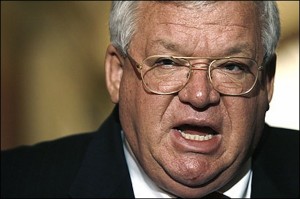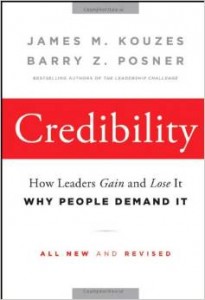Part 3 in a series on professionalism.
Criteria 3: High business standards and ethics. Maintains high standards and quality in all work.
Professionals who have the greatest influence are those who aspire to high business standards and make ethical choices and decisions. They hold themselves and others accountable to the same level. Consistent behavior and actions through honesty, authenticity and trust guide the professional to become a person of integrity.
It’s not just the excellent quality of work that people do; it’s how they conduct themselves with others that sets them apart. How would you answer the question, “What standards do you operate by?” What would make it to the top of your list?
Lack of ethics or low standards have been an ongoing topic of conversation for more than two decades, with the likes of Enron, Bernie Madoff and countless others making the headlines through bad behavior. Now, former House Speaker Dennis Hastert is in the hot seat. He faces allegations of making false statements to the FBI and being in violation of federal banking rules. His actions hid the real reason for making $1.7 million in payments of a total promised $3.5 million (now known as “hush money” to an unnamed source to cover up an inappropriate sexual relationship with a student while he was a high school coach and teacher more than 25 years ago). When given an opportunity to tell the truth, then tell the truth. The more that is fabricated, the bigger the lies become and the greater the severity of punishment or charge.
Here is a man who reached one of the highest offices in the country and appeared to operate by a solid code of ethics. The sexual abuse case isn’t even under investigation; rather, the financial case is being scrutinized by federal courts…it’s how he paid the money that set off red flags. The irony? Hastert helped to put the Patriot Act rules into place. Clearly, this case is creating thought-provoking conversations in business and law schools across the country, as students ponder the all important topic of ethics.
All too often, people who get caught in a web of deceit and lies forget that ethics has no double standard. You can’t be unethical in your private life and ethical in your business life. It doesn’t work that way. You are either ethical or you are not. When you try to play the double standard, it eventually catches up with you.
Consider your own ethical beliefs and practices. Are you a person of integrity? How do you practice ethical behavior each day? Who among your colleagues are you holding accountable to higher standards?





